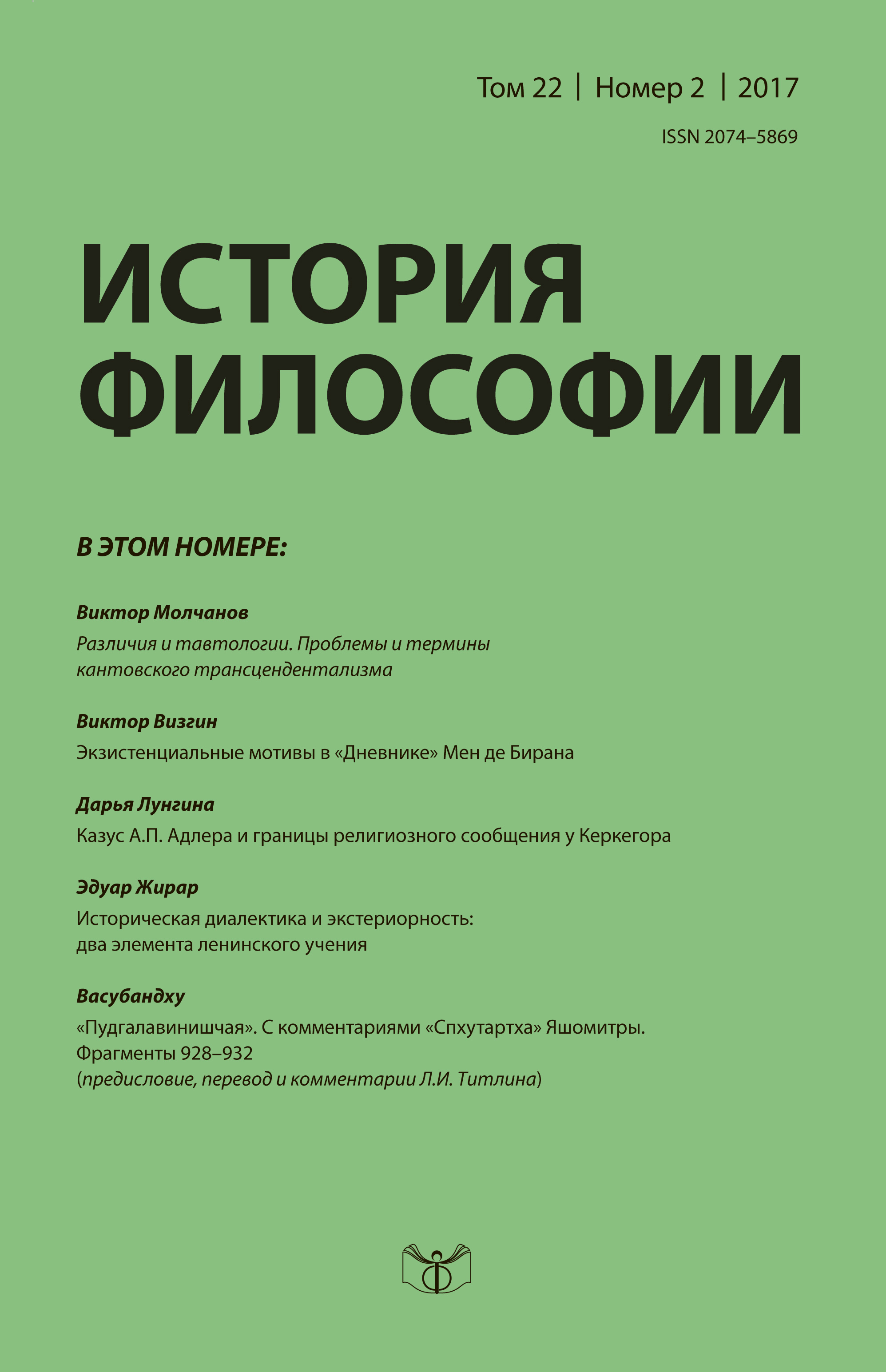Christian Thomasius on Religion and Morality: The Beginning of the Enlightenment in Germany
Keywords:
Thomasius, Enlightenment, moral, religion, virtue, God, revelation, reason, faithAbstract
Christian Thomasius (1655–1728), one of the best known thinkers of his times, has initiated the change in the style of German philosophizing from the scholastical to a more life oriented one, and is therefore traditionally regarded as the father of German Enlightenment. Thomasius’ interest for the questions, the answers to which can be of importance not only for the closed circle of academic specialists but also for each human being, can be traced in all his main writings, which chiefly belong to the sphere of practical philosophy. The foundation of Thomasius’ philosophical views is his doctrine of “rational love”, developed, as he saw it, in line with the teaching of the New Testament that one should love one’s neighbor more than oneself. This love is an ideal a human being can approach only with God’s help, as his own nature is inherently corrupt. Thus moral philosophy in Thomasius is preparing a human being for the attainment of higher truth through revelation. Here we see a typical early-Enlightenment contradiction between seeking to praise human reason and acknowledging its obedience to truths revealed by God.

